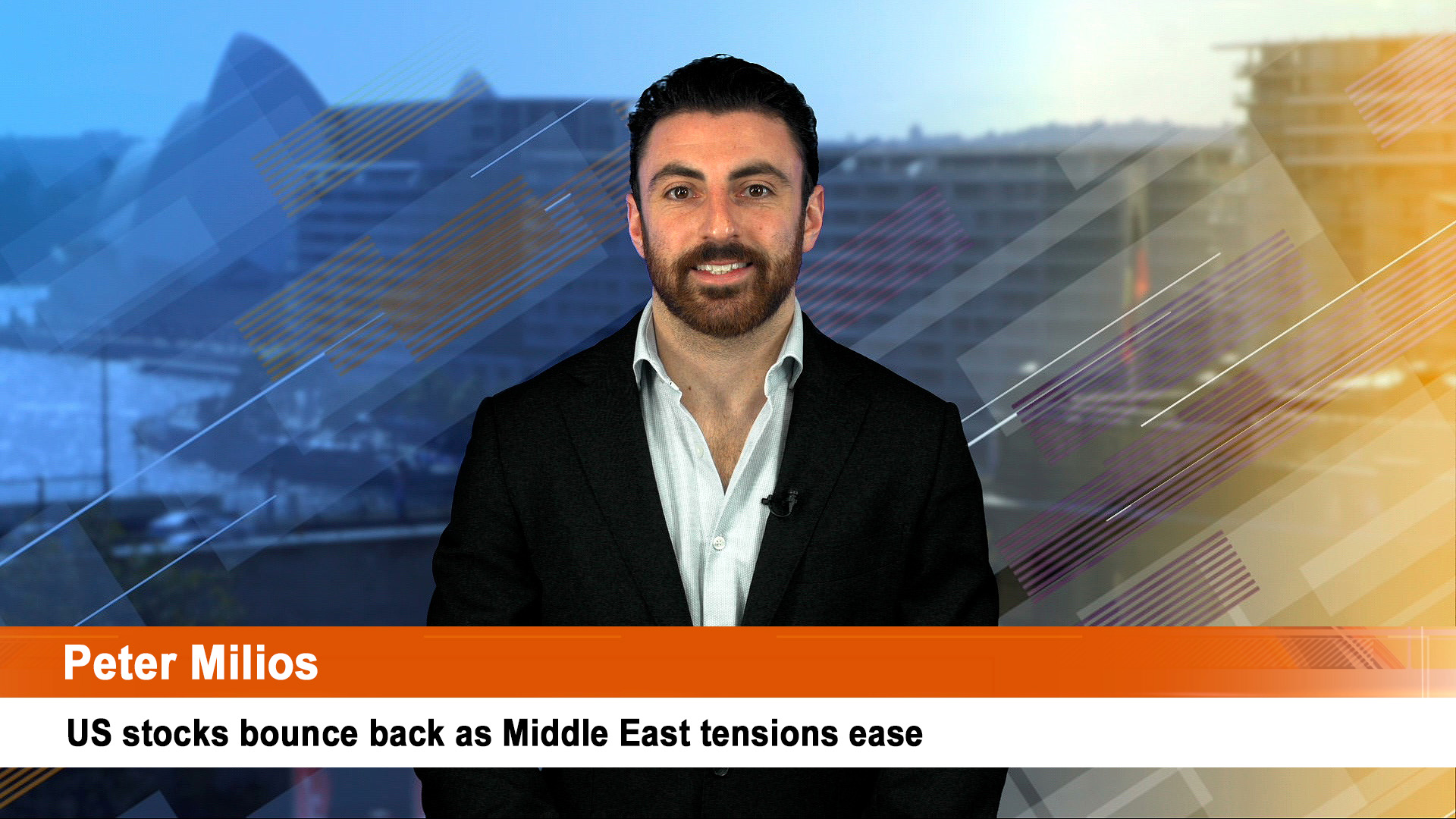AMP continues to slim itself, announcing the sale of AMP Capital’s global equities and fixed income (GEFI) business to Macquarie Asset Management (MAM) in a deal worth $185 million.
The binding agreement includes a cash payment of $110 million this financial year and an additional $75 million that could be paid over the first two years, subject to revenue targets.
AMP Capital’s equities business manages around $60 billion internally as well overseeing funds for a number of external institutional and retail clients.
The deal will lift MAM’s global funds under management (FUM) to $720 billion. Much of these FUM are located in the US.
The sale is part of AMP’s strategy to spin off and separately list AMP Capital’s private market business, which includes unlisted assets such as infrastructure and property, under fresh branding following failed talks with US firm Ares.
Acting AMP CEO James Georgeson said the group’s portfolio review conducted last year found AMP’s global equities business had “strong investment capabilities… but needed greater scale and broader distribution reach to compete effectively”.
Post completion, Macquarie expects to acquire assets and teams focused on GEFI’s global clients, as well as new and expanded investment capabilities in Australia and several international markets.
MAM head Ben Way said his team will work closely with AMP to integrate the business.
“It cements Macquarie’s position as the leading investment manager in Australia by [assets under management] and allows us to further diversify our client offering and bring new opportunities to clients joining us from AMP Capital,” Mr Way said.
News of the deal had little impact on the share prices of both companies. AMP shares ended up steady at $1.12 and Macquarie Group shares eased then rose to close 0.4% higher at $157.17.












